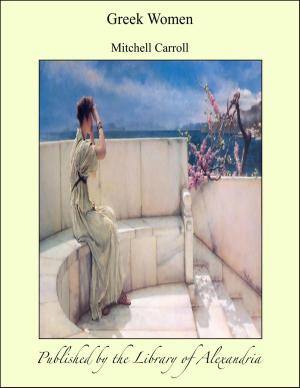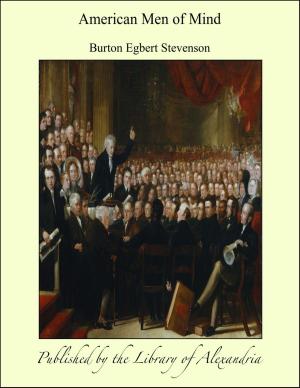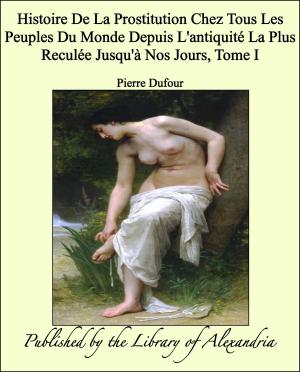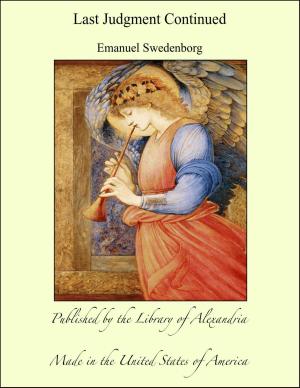Testimony of the Sonnets as to the Authorship of the Shakespearean Plays and Poems
Nonfiction, Religion & Spirituality, New Age, History, Fiction & Literature| Author: | Jesse Johnson | ISBN: | 9781465588296 |
| Publisher: | Library of Alexandria | Publication: | March 8, 2015 |
| Imprint: | Language: | English |
| Author: | Jesse Johnson |
| ISBN: | 9781465588296 |
| Publisher: | Library of Alexandria |
| Publication: | March 8, 2015 |
| Imprint: | |
| Language: | English |
The Shakespearean Sonnets are not a single or connected work like an ordinary play or poem. Their composition apparently extended over a considerable time, which may be fairly estimated as not less than four years. Read literally they seem to portray thoughts, modes or experiences fairly assignable to such a period. Though variable and sometimes light and airy in their movement, the greater portion appear to reveal deep and intense emotion, the welling and tumultous floods of the inner life of their great author. And their difficulty or mystery is, that they indicate circumstances, surroundings, experiences and regrets that we almost instinctively apprehend could not have been those of William Shakespeare at the time they were written, when he must have been in the strength of early manhood, in the warmth and glow of recent and extraordinary advancement and success. It is this difficulty that apparently has caused many to believe that their literal meaning cannot be accepted, and that we must give to them, or to many of them, a secondary meaning, founded on affectations or conceits relating to different topics or persons, or that at least we should not allow that in them the poet is speaking of himself. Others, like Grant White, simply allow and state the difficulty and leave it without any suggestion of solution. Before conceding, however, that the splendid poetry contained in the Sonnets must be sundered or broken, or the apparent reality of its message doubted or denied, or that its message is mysterious or inexplicable—we should carefully inquire whether there is not some view or theory which will avoid the difficulties which have so baffled inquiry.
The Shakespearean Sonnets are not a single or connected work like an ordinary play or poem. Their composition apparently extended over a considerable time, which may be fairly estimated as not less than four years. Read literally they seem to portray thoughts, modes or experiences fairly assignable to such a period. Though variable and sometimes light and airy in their movement, the greater portion appear to reveal deep and intense emotion, the welling and tumultous floods of the inner life of their great author. And their difficulty or mystery is, that they indicate circumstances, surroundings, experiences and regrets that we almost instinctively apprehend could not have been those of William Shakespeare at the time they were written, when he must have been in the strength of early manhood, in the warmth and glow of recent and extraordinary advancement and success. It is this difficulty that apparently has caused many to believe that their literal meaning cannot be accepted, and that we must give to them, or to many of them, a secondary meaning, founded on affectations or conceits relating to different topics or persons, or that at least we should not allow that in them the poet is speaking of himself. Others, like Grant White, simply allow and state the difficulty and leave it without any suggestion of solution. Before conceding, however, that the splendid poetry contained in the Sonnets must be sundered or broken, or the apparent reality of its message doubted or denied, or that its message is mysterious or inexplicable—we should carefully inquire whether there is not some view or theory which will avoid the difficulties which have so baffled inquiry.















